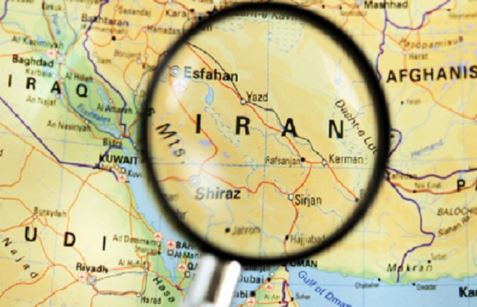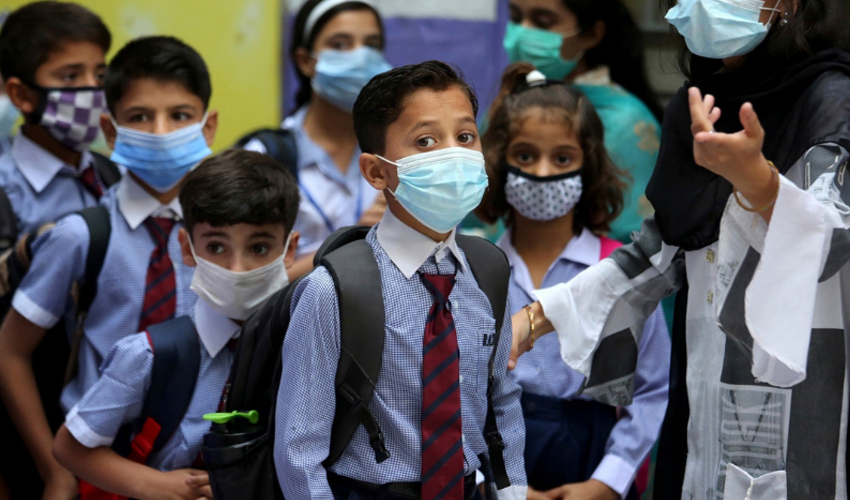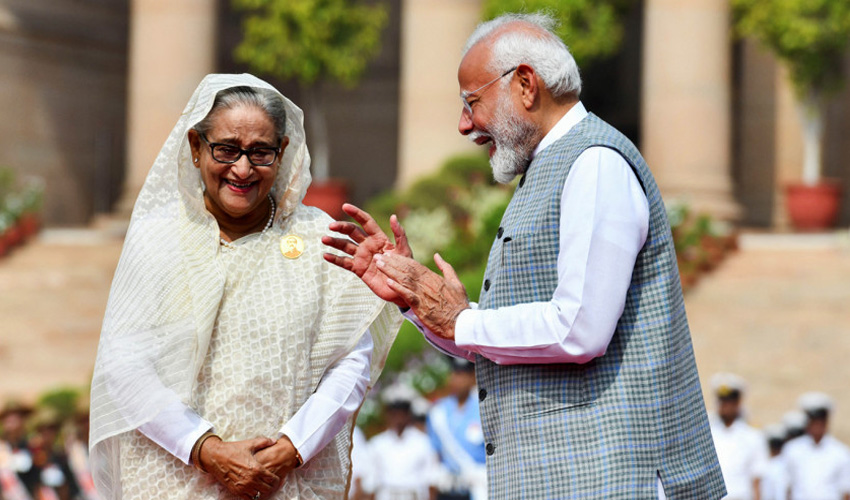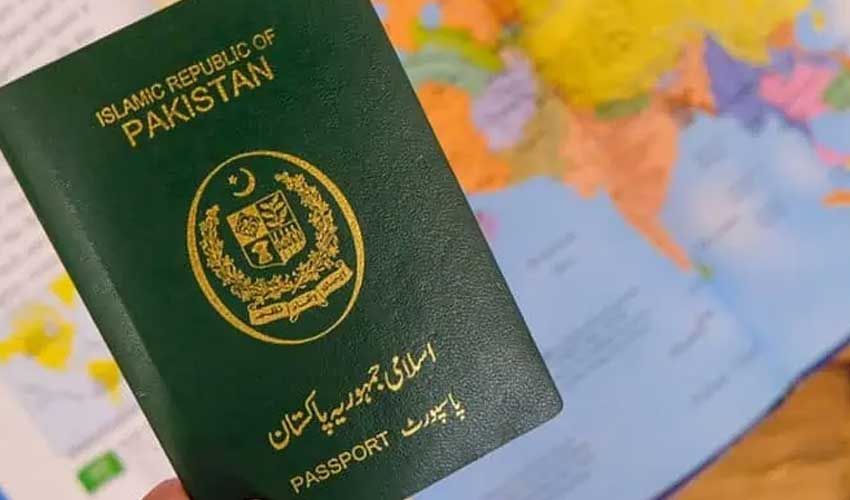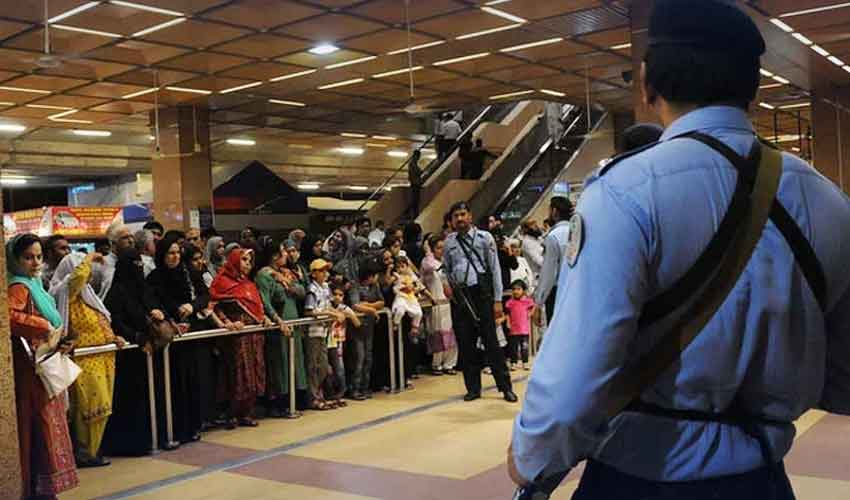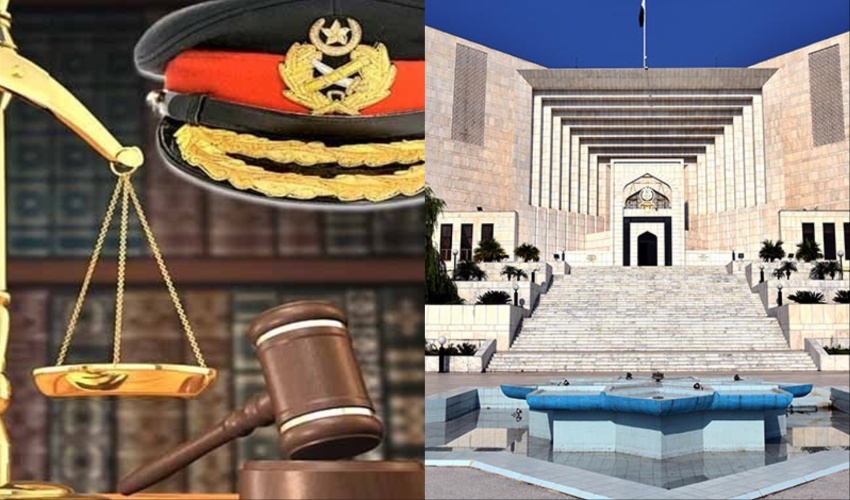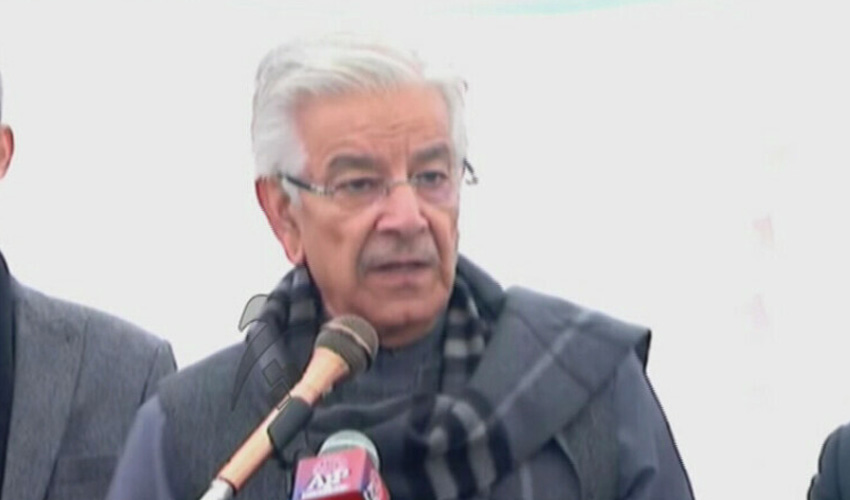Amid the Israel-Hamas war that entered its 105th day and its possible expansion to the Middle East, Iran on January 16 breached Pakistan’s air space and struck missiles inside Balochistan's Panjgur area, killing two innocent children.
Pakistan swiftly and expectedly retaliated with bombardment of seven terrorist camps in Seravan city of Iran’s southeastern region Sistan.
After a befitting reply to the brotherly country, foreign ministers of both countries held a telephonic conversation wherein Pakistan conveyed a clear message to Tehran that the country’s sovereignty was its redline, however, Islamabad wanted a friendly routine relationship with Iran.
From history notes, Iran was the first country to recognize Pakistan on its independence in 1947 and ‘supported’ it in the 1965 and 1971 wars. Similarly, Pakistan was one of the first countries to recognize the new theocratic regime of Iran in 1979. Both countries have enjoyed friendly relations since 1950 when the Shah of Iran Mohammad Reza Pahlavi visited Pakistan as the first foreign head of the state.
But both countries have also had differences over attacks on security forces and militants operating in the border area and a point of concern. This also led to precision strikes by Pakistan’s security forces using killer drones, rockets, loitering munitions, and stand-off weapons deep inside Iran.
Iran shares borders with 13 countries, including 5,894km of land borders with Iraq, Turkey, Azerbaijan, Armenia, Turkmenistan, Afghanistan, and Pakistan, and 2,440 km of coastline with six other countries, including Kuwait, Saudi Arabia, Bahrain, Qatar, the United Arab Emirates, and Oman.
In 2023, Iran signed agreements with littoral states - Russia, Iran, Kazakhstan, Turkmenistan, and Azerbaijan.
In the eyes of international commentator Amir Taheri, former executive editor-in-chief of the daily Kayhan, Iran's main newspaper for seven years, the clash with Pakistan means that in the past 44 years, Iran's regime has been involved in war or indirect aggression against all of its neighbours, except two -- Armenia and Russia.
“Well because they are not Muslim,” Taheri claimed, and posted a list of 11 Muslim countries attacked by Iran in the last 44 years:
1- Iraq: Eight years of war and scores of missile attacks and ground operations.
2- Kuwait: Six terror operations in the 1980s.
3- Saudi Arabia: Four attacks, including the Khobar bombing.
4- Bahrain: Four terror attacks in Manama and arming dissident groups.
5- UAE: Gun-running in tandem with Islamic Brotherhood cells.
6- Qatar: Seizing three Qatari ships in the 1990s and frequent violation of Qatar's water borders by IRGC.
7- Oman: Violating sovereignty with illicit business activities operated by the IRGC from Sib and Sohar.
8- Smuggling arms to Afghan groups fighting thr government in Kabul. In the 1980s, then arming Hekmatyar gang against the post-Communist regime.
9- Turkmenistan: Clashes with border guards in the Caspian Sea, most recently last September.
10- Azerbaijan: Organizing Hezbollah units against the Baku regime in the late 1990s, attacking oil installations. In the Bay of Talish and more recently firing at Azeri border posts, leading to the suspension of diplomatic relations.
11- Turkey: Sheltering PKK anti-Ankara armed units in Kuh-e-Kandil for almost 30 years and organizing Turkish Hezbollah units in the 1990s and early 2000s.
Must Read:
PSX plunges as tensions escalate between Pakistan and Iran, shedding over 1,000 points
Pakistan conducts military strikes inside Iran in 'Operation Marg Bar Sarmachar'
Pakistan strongly condemns Iran's 'unprovoked violation' of air space, summons envoy
Pakistan suspends diplomatic ties with Iran over 'completely unacceptable' airstrike
Iran's top diplomat admits strike on Pakistan soil, killing two children





